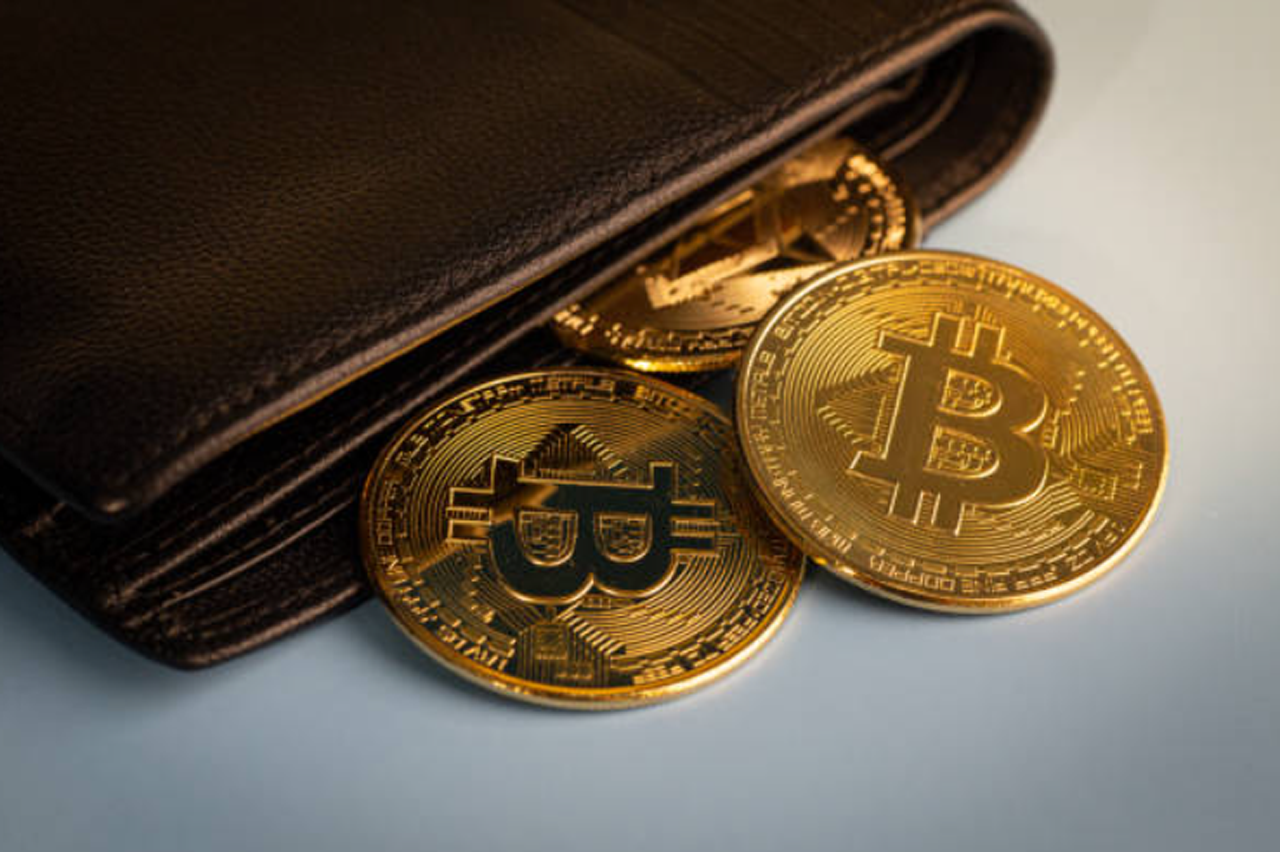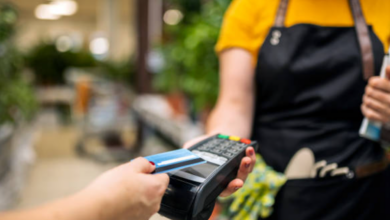Digital coins have introduced a new way to send and receive money. They also offer trading capabilities, where you can store and trade coins and tokens as prices fluctuate.
As a result, more services and applications have been created to facilitate the trading and storing of virtual money. For instance, crypto wallets act as physical wallets, but they are stored and controlled online.
However, various types of wallets exist today, each offering different services. So, how can you select the right one for you? This article provides an answer to this question.
Working Principles of Crypto Wallets
Digital storage for cryptocurrencies is provided by crypto wallets, which are equipped with potent protection systems to safeguard your virtual coins and tokens. These wallets can be used to transact and trade cryptocurrencies on multiple websites.
Direct transactions are powered by digital wallets, eliminating intermediaries, thereby making peer-to-peer transfers faster and more cost-effective.
Each wallet is unique and can be identified by a distinct address and security phrases. Signing up for a crypto wallet automatically generates a crypto wallet with up to 60 characters, making it difficult to hack your wallet.
Furthermore, crypto wallets use randomly generated 12-24 seed phrases as a supplementary level of security. The seed phrases must be entered correctly to access the wallet from a new device.
Transferring cryptocurrencies through various wallets has become a more straightforward process, as all you need to do is connect your wallet to a platform of your choice and start the transaction.
Transferring digital coins involves several encryption procedures, including private key cryptography and smart contracts, which only occur after you confirm the transaction on your wallet app or website.
Many websites employ a scannable QR code to facilitate seamless payments, enabling you to pay by scanning a code that holds the recipient’s wallet address and entering the transaction amount.
Read Also: Mobile Payments: The Future of Cashless Transactions
Types of Crypto Wallets
The functionalities and services of crypto wallets are quite similar. Nevertheless, the fundamental contrast lies in the location of your stored crypto coins and the method of accessing them. In this discussion, we will explore the dissimilarity between cold and hot wallets.
Hot Wallets
Hot wallets refer to crypto wallets that are stored and managed online. They can be websites or mobile applications enabling quick transactions through 2FA, such as fingerprint or secret phrases.
Hot wallets are more friendly and flexible as you can easily connect to your computer or exchange platform to buy or sell cryptocurrencies. However, it’s worth noting that keeping your funds online exposes you to certain risks like data exposure and privacy breaches.
Cold Wallets
Cryptocurrencies can be securely stored in physical devices, known as cold storage. These include external hard drives and physical paper wallets. A hard drive wallet resembles a flash memory and can be connected to your computer to verify transactions with a push of a button.
Cold wallets also include printed papers that show your wallet address and private/public key details. This assures that everything is stored offline and not in the cloud.
Paper wallets are very safe because they require physical ownership or access to the certificate wallet to retrieve personal or cryptocurrency wallet information.
Operating Your Crypto Wallet
After deciding on the type of cryptocurrency wallet that is suitable for your business, there are several measures you can take to safeguard your funds. Here are some crucial steps to take when setting up your crypto wallet.
- It is paramount to ensure that the crypto wallet provider you are considering has a good reputation and positive reviews. Regardless of whether it is a hot or cold wallet, it is crucial to find a trustworthy provider that uses strict security protocols to operate and manage your wallet.
- Ensuring that the crypto wallet provider you are considering has a good reputation and positive reviews is vital. Whether it is a hot or cold wallet, finding a trustworthy provider that uses strict security protocols to operate and manage your wallet is crucial.
- To elevate the security of your wallets, it is recommended to enable extra security measures, such as 2-factor authentication or utilising fingerprint authentication for mobile wallets. In cases where multiple individuals require access to funds, consider using multi-signature wallets.
- Make sure you connect your wallet only to trustworthy platforms, and remember to disconnect your wallet once you are done with transacting on a particular website. It is an important step to ensure the safety of your transaction.
The Bottom Line
Crypto wallets are digital tools to store and facilitate transactions of virtual money. There are two kinds of wallets — hot and cold wallets. Hot wallets are online, while cold wallets are physical devices.
Paying crypto with your wallet requires security protocols and seed phrase validation, so ensure the wallet provider’s safety measures do not compromise your personal and virtual wallet details.









